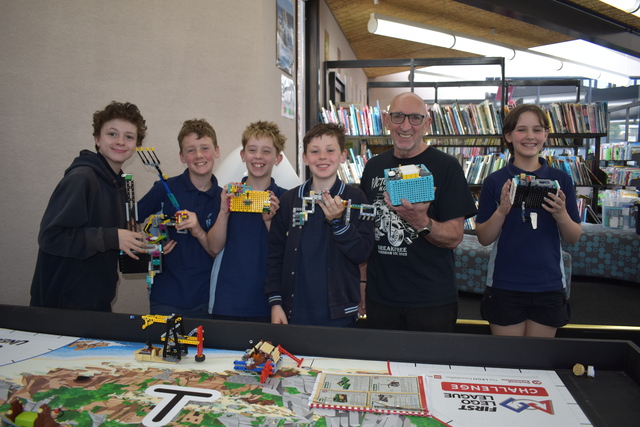If you like Harper Lee’s To Kill a Mockingbird, then you’ll probably enjoy Australian author Sean Wilson’s Gemini Falls, which also explores serious and complex social issues through the eyes of young people.
The year was 1930, and Phar Lap just won the Melbourne Cup. The race failed to raise the spirits of hundreds of thousands of Australians who were in the grip of the Great Depression. Worse, an outbreak of the polio epidemic provoked intense public anxiety in Melbourne.
13-year-old Morris and his family moved to the town of Gemini in rural Victoria. His father Jude, a police detective originally from there, was assigned to investigate the murder of a young woman whose body was left in the local coal mine tunnel.
Morris and his family stayed in a farm owned by Jude’s estranged brother Jimmy. There was considerable tension between the brothers, for reasons unknown. Further questions remained regarding why Jude left Gemini in the first place.
Meanwhile, Morris met his cousin Flo, who dreamed about becoming a detective herself. Together with the mayor’s son, Sam, they roam around Gemini trying to identify the killer. It’s often through the eyes of young people that we see the dark and undesired truths of a world dominated by adults. In this case, it’s the displaced people and their plight to which Morris’s attention was drawn:
“I picture more camps springing up with shacks like these, all over the country. I think about the problems that lead to shacks like this, if they’ll ever get fixed or if they’ll only be patched up, the way these shacks are. Held together with wire and trine, clinging on until the next storm.”
“This is a place you go when you can’t go anywhere else, a place you drop into, falling and reaching out to save yourself. This is not a place you choose to come.”
The author makes it clear that he wants to explore the difficult and tragic and joyful and hopeful parts of life “by showing how characters and relationships transform through conflict”. In his words:
“What happens in a society when the gap between rich and poor widens? How do we treat the displaced who end up in the unused spaces around our cities and towns? Who do we blame in a crisis? Who holds out a hand, and who raises a fist?”
The bittersweet adventures of Morris and his friends in 1930s Gemini reflect some of the issues that never left our society – violence, xenophobia, problematic masculinity, inadequate housing, weak labour rights, and politicians taking advantage of public division for personal gain. But there are also dashed ambitions and unfulfilled dreams, as well as families and friends who stand by us through times tough and uncertain.
Gemini Falls is a novel full of empathy and compassion. Highly recommended.







